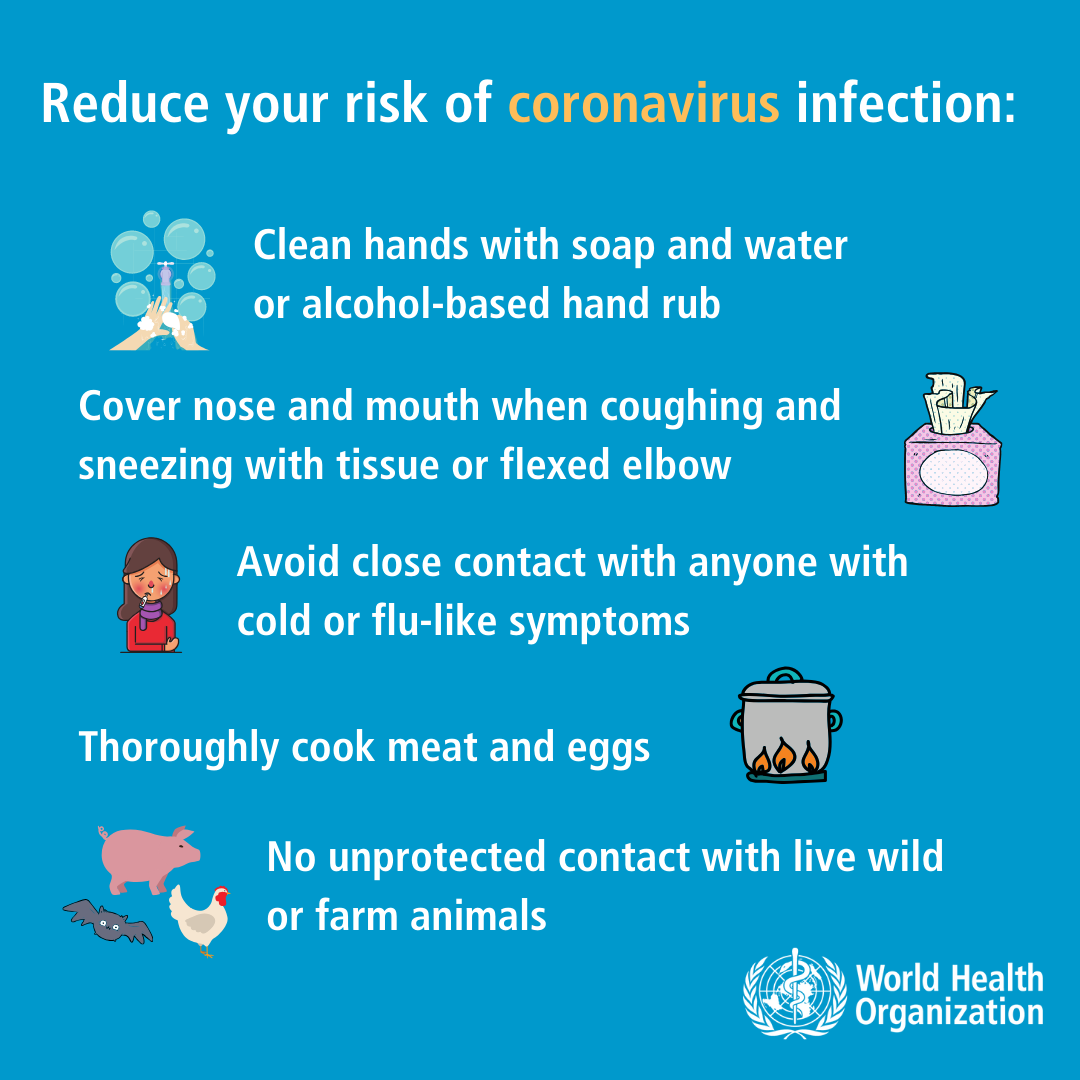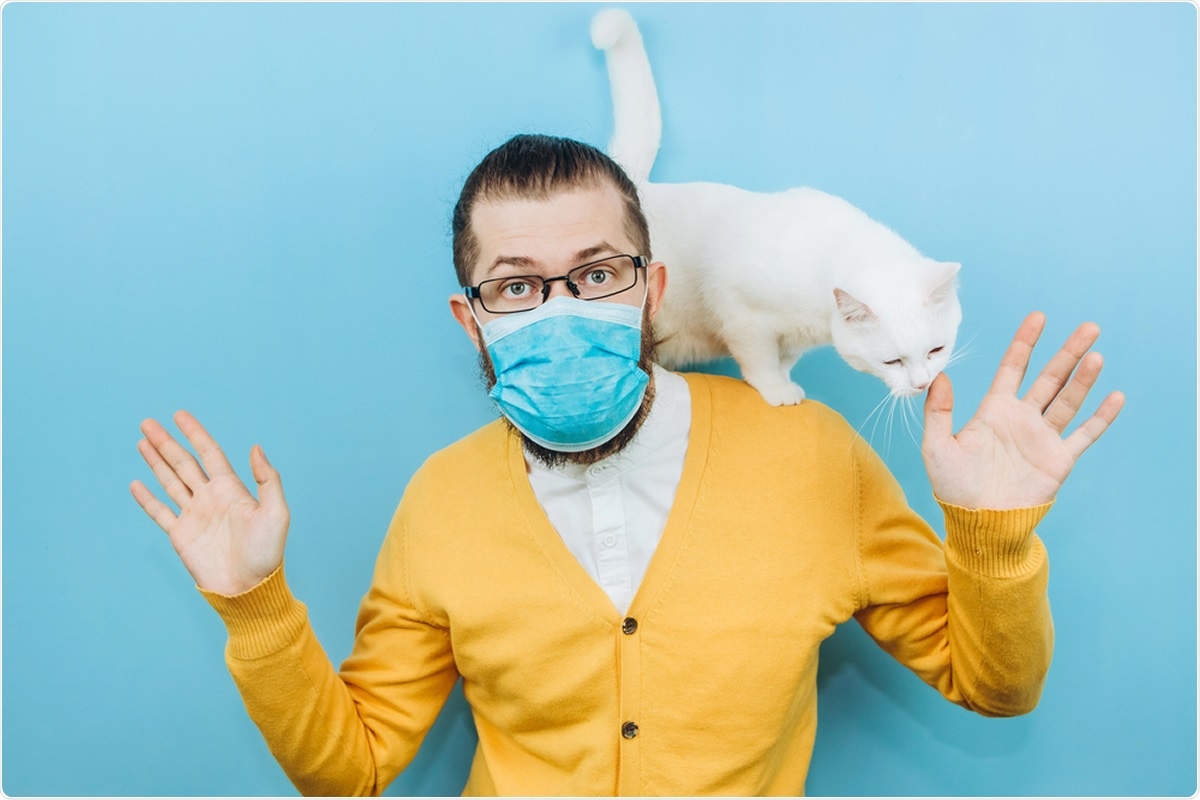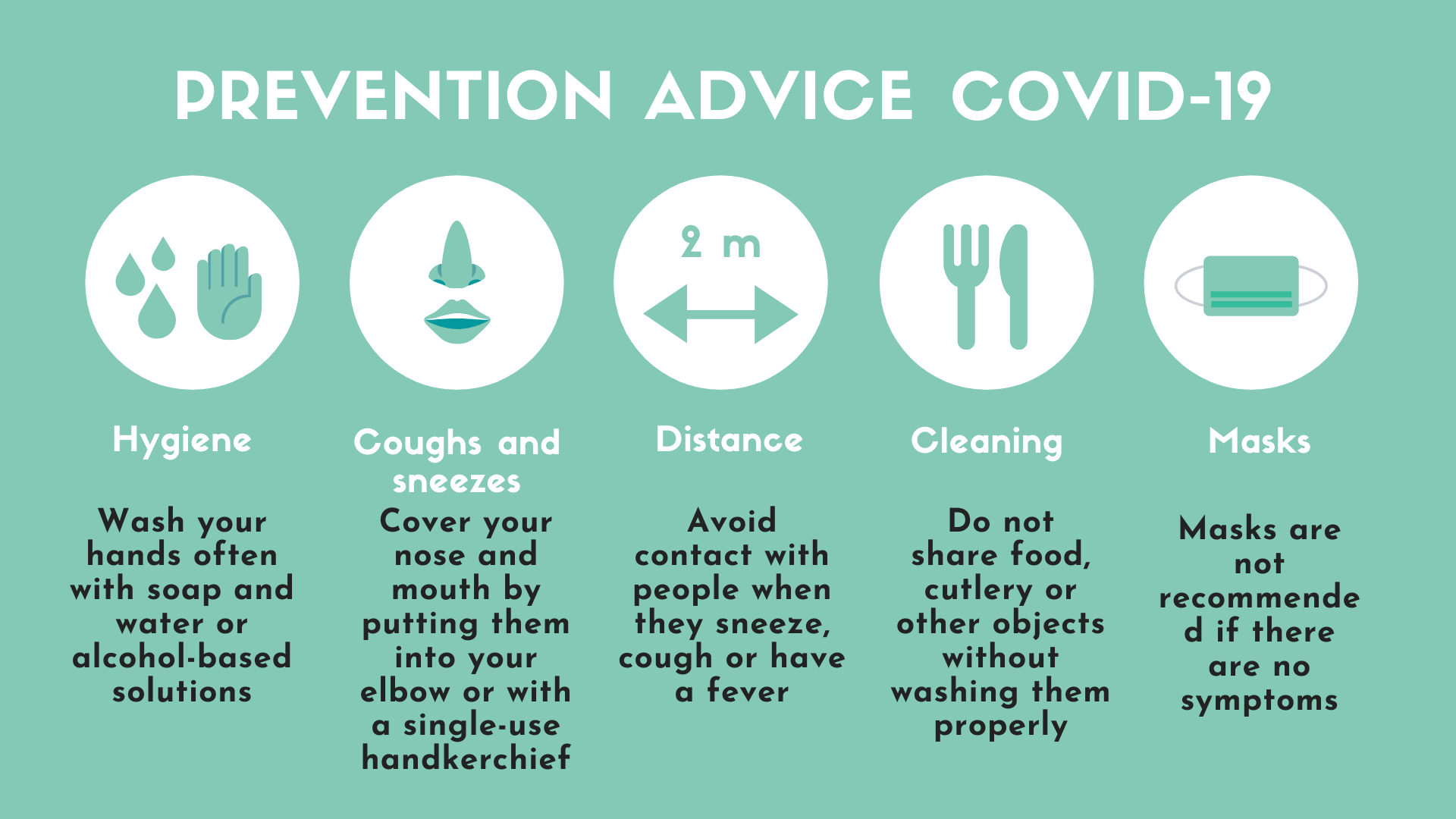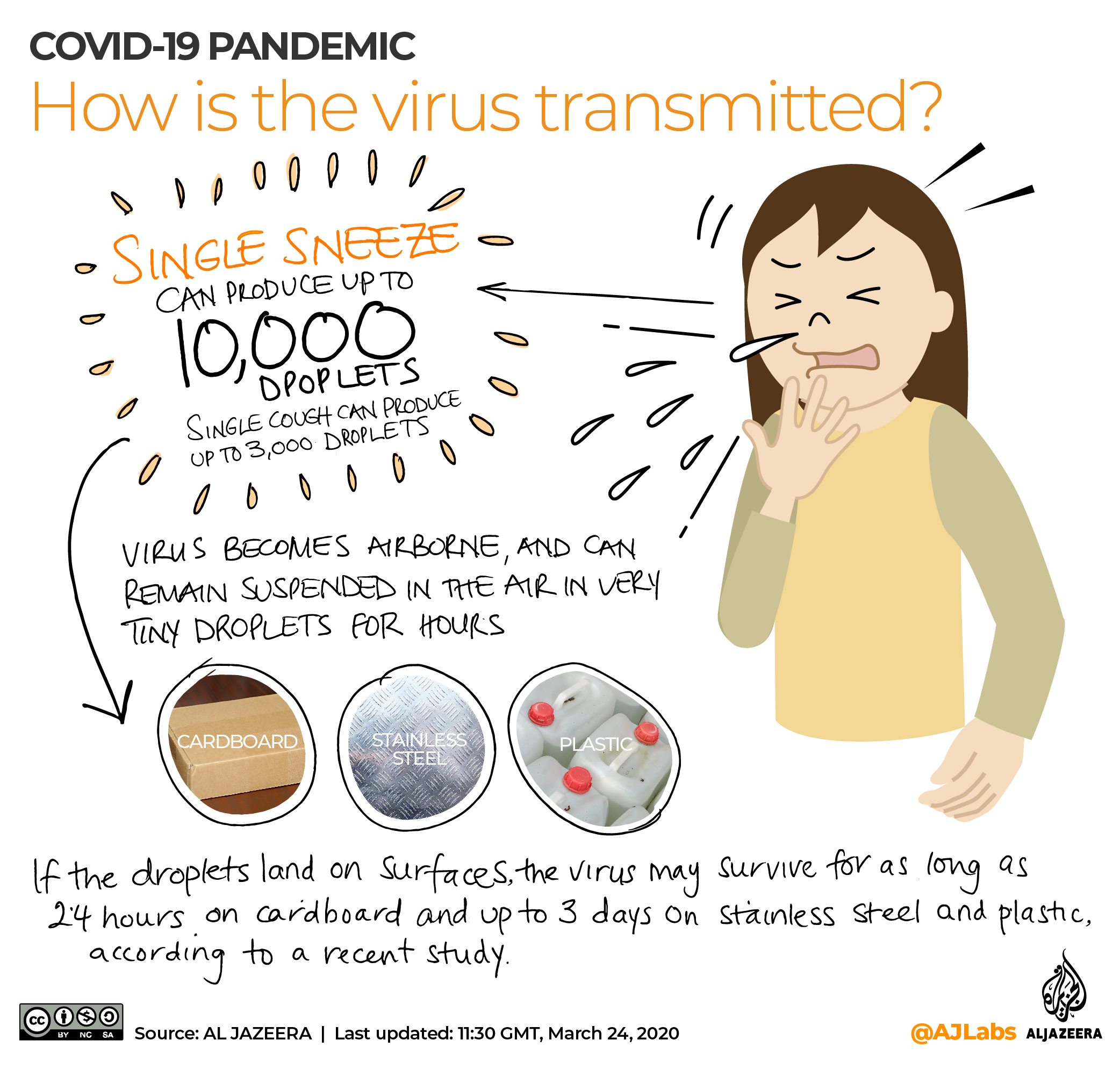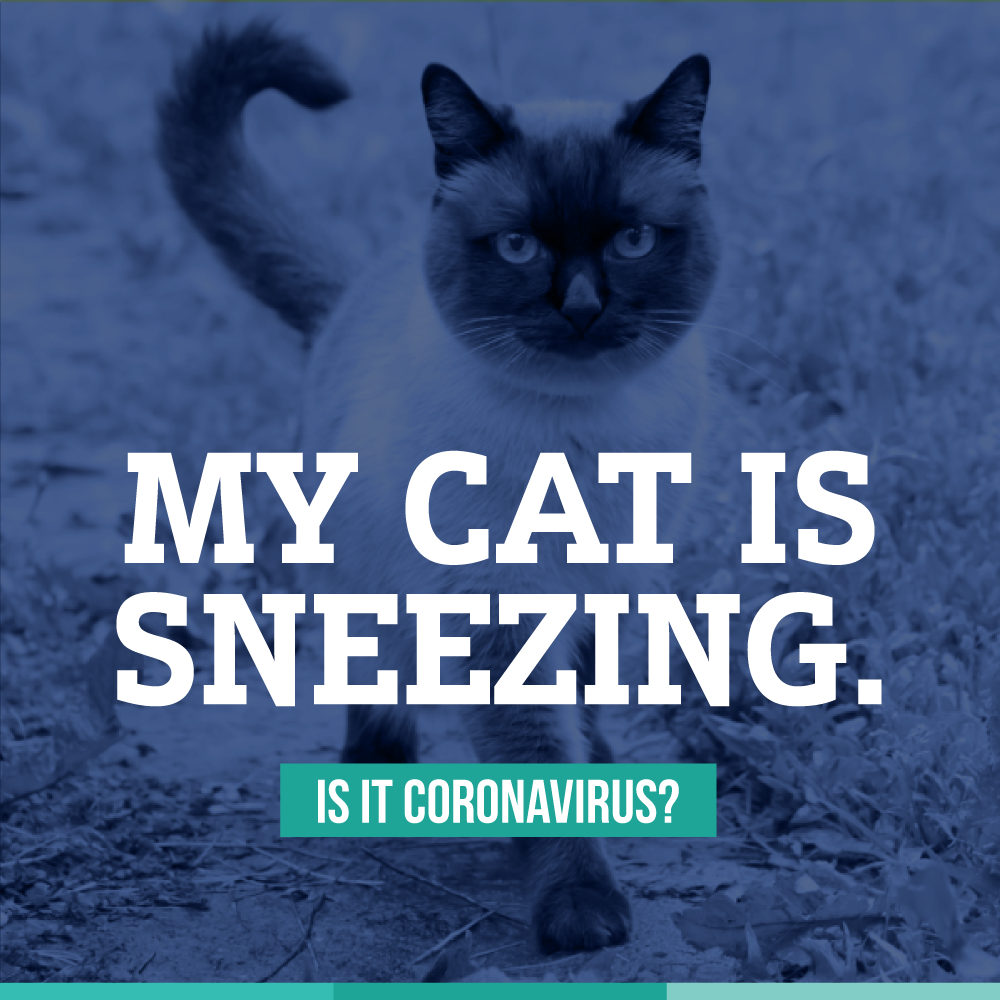Cat Coronavirus Symptoms Sneezing
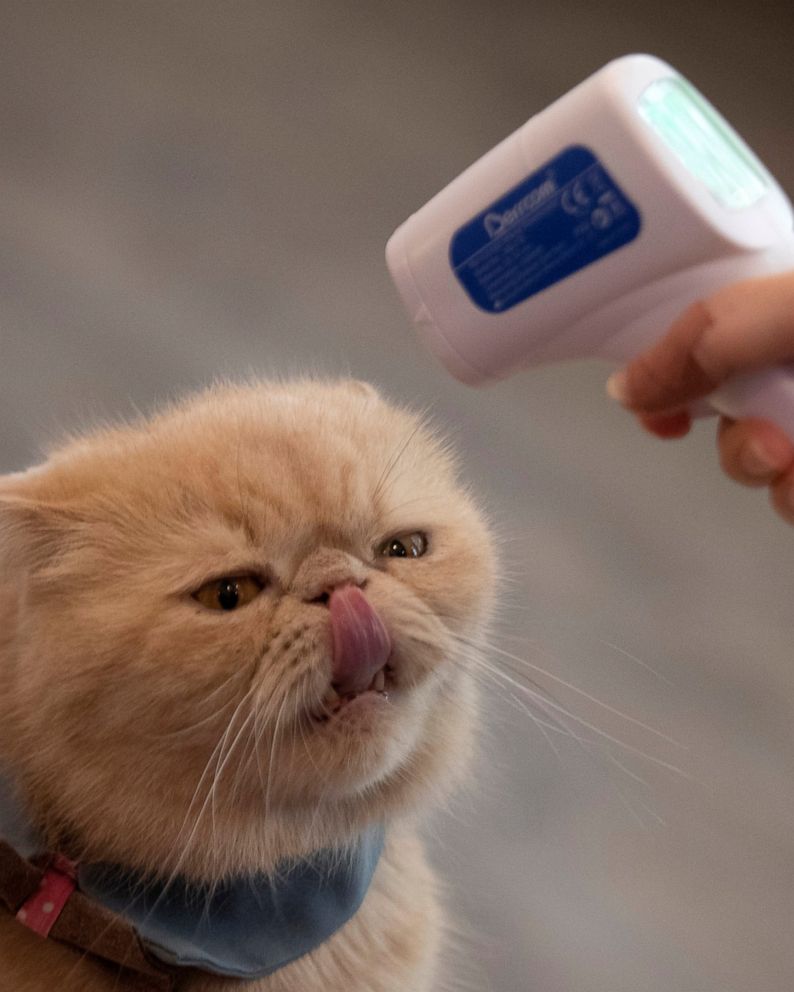
The sneezing generally lasts for only a few days and goes away on its own requiring no treatment.
Cat coronavirus symptoms sneezing. If your pet shows any signs of illness such as coughing sneezing or lethargy call or text your veterinarian to arrange treatment. Confirmed or suspected to have Covid-19 should keep their cat indoors. Just like with infected people your cat may not display all of these symptoms at the same time or at all.
However if your cat has other symptoms such as discharge from the nose and eyes the presence of blood or mucus in the nose decreased activity or loss of appetite have your cat examined by your veterinarian. The pet cat diagnosed with Covid-19 in the UK was experiencing symptoms including nasal. Common COVID-19 symptoms include fever and chills muscle and body aches loss of taste or small nausea or vomiting and diarrhea.
You can give COVID-19 to your cat. Eye discharge swelling or ulcers. Symptoms of feline herpes includes sneezing attacks discharge from the nose and eyes conjunctivitis or pink eye lesions in and around the eyes ulcers and congestion.
Our data shows that people who had been vaccinated and then tested positive for COVID-19 were more likely to report sneezing as a symptom compared with those without a jab researchers wrote according to The Hill. Sneezing is not normally a symptom of COVID-19 and much more likely to be a sign of a regular cold or allergy. It was confirmed this week that two domesticated cats had been infected with the coronavirus in the United StatesFollowing early news reports of lions and tigers showing COVID-19 symptoms at a.
Cat flu - cat flu causes sneezing a runny nose and weepy eyes. Symptoms that may accompany sneezing in cats may be the result of a wide range of infections and other problems. They found that sneezing is a common symptom among those who got COVID-19 and had been fully vaccinated.
Infected people will start running a fever and experience fatigue and. Its symptoms were a respiratory infection with a nasal discharge and some shortness of breath There is no evidence that pets or other domestic animals directly transmit the virus to people. A new study on COVID-19 found that the most common symptoms of the virus have been milder ailments than first thought and now include headaches runny nose and sneezing.



